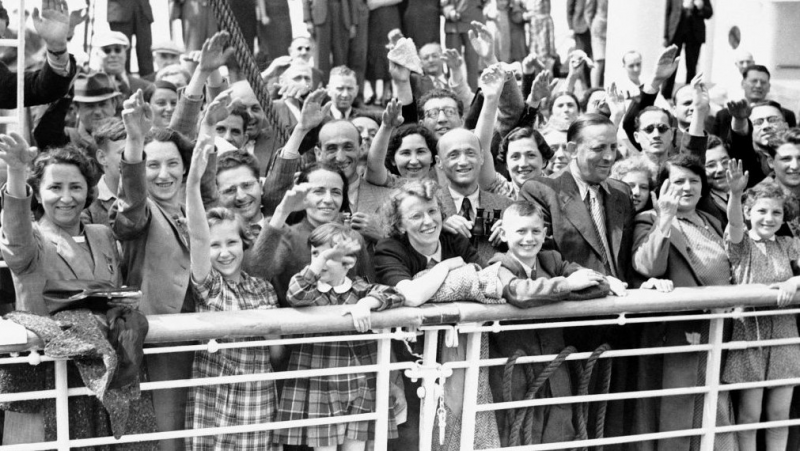Hitler’s extreme anti-Semitism was coming to a head when over 900 Jews bordered the MS St. Louis in an effort to escape from Germany just months before World War 2 began.
They were desperate to save themselves and their families and hoped that they would find salvation in the Americas. They left Hamburg in May 1939, only seven months after Kristallnacht.
Despite the fact that anybody who was paying attention could tell that Hitler’s anti-Semitism was far more than just rhetoric, Canada, the United States, and Cuba would all harden their hearts and reject the refugees.
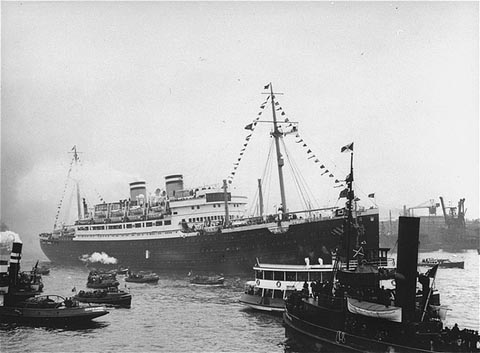
The voyage seemed to go well at first. In fact, the passengers organized dances, concerts, fine dining, and childcare services on the ship. One passenger described it as “a vacation cruise to freedom.”
The captain was a man named Gustav Schröder, who opposed the Nazis and had been the editor of Elbinger Volksstimme (People’s Voice of Elbing), a paper supporting the Independent Social Democratic Party.
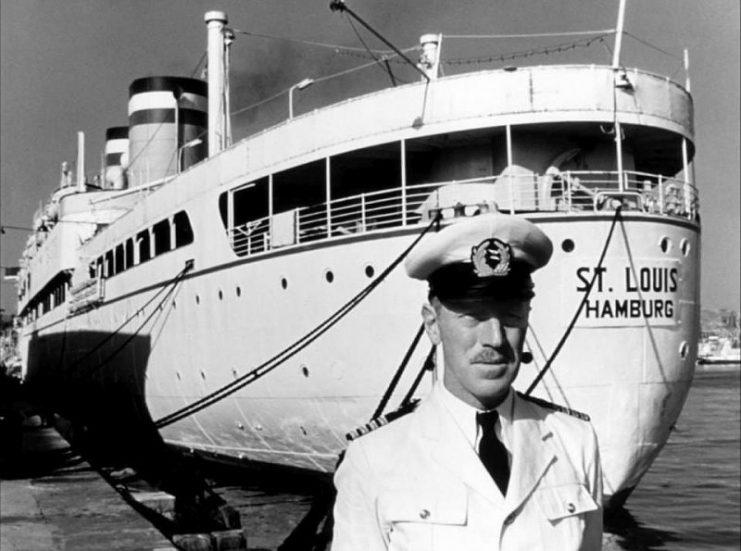
The passengers had all acquired visas and paid the necessary fees to enter Cuba. However, when they dropped anchor at Havana, they found that Cuba had changed their immigration laws earlier that month and invalidated all of their visas.
The St. Louis would remain in harbor for five days, pleading for help. The Cuban government refused to budge. President Federico Laredo Brú himself refused to allow most to land, despite leading figures in the United States government reaching out on behalf of the refugees.
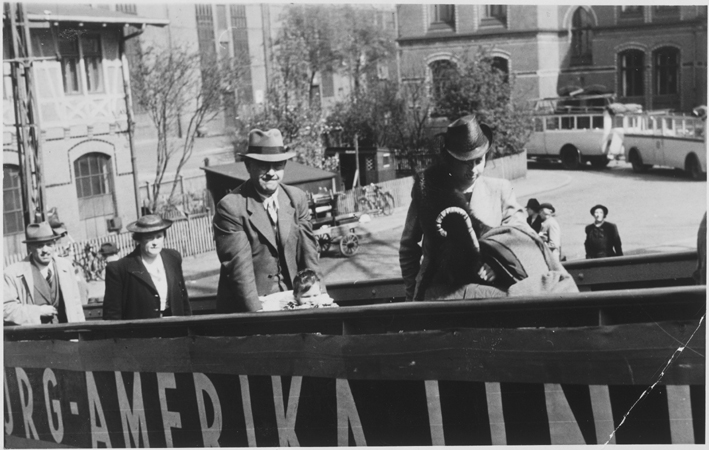
The only exceptions were 22 Jews with U.S. Visas (Cuba – U.S. Relations were warm at the time), four who were citizens of Spain, two returning Cuban nationals, and one at the last minute who needed medical care after attempting suicide.
A Desperate Voyage
The remaining 907 passengers had to keep trying, although they had no permission to land anywhere. The ship traveled north towards Florida, where they circled for a while desperately requesting permission to land. Franklin Roosevelt’s Secretary of State advised against accepting the refugees.
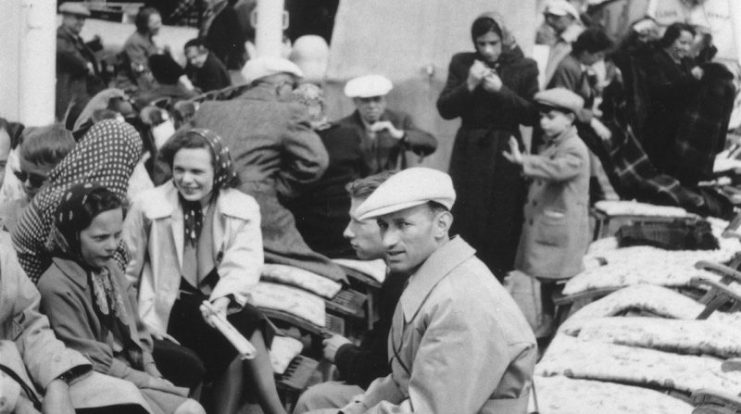
The captain considered intentionally running aground to allow the passengers to make a break for it, but the U.S. Coast Guard shadowed his every move.
The next logical choice was Canada, where the local clergy and academics were pressuring Liberal Party Prime Minister William Lyon Mackenzie King to allow the refugees asylum. (Note for readers in the United States: in Canada Liberalism refers to a more centrist ideology than Liberalism in the United States)
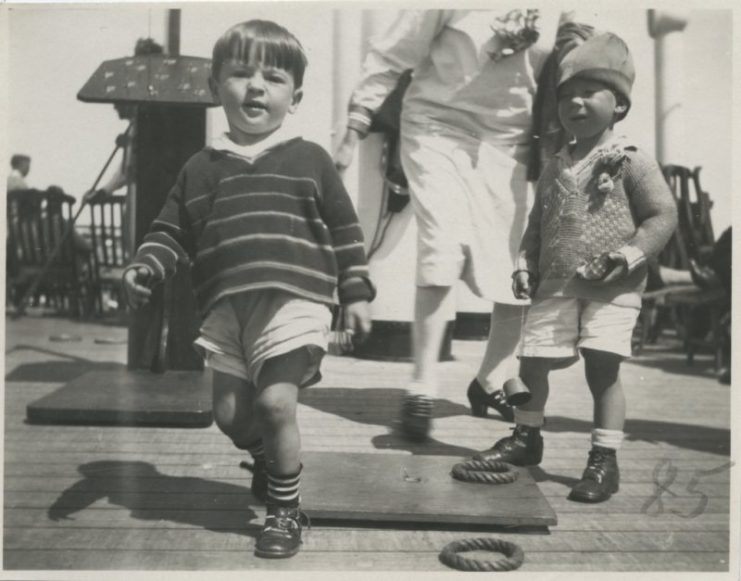
However, the Liberal Party, and in particular the Director of Immigration Frederick Blair, had created racist and anti-Semitic immigration regulations. Blair convinced King to reject the refugees.
Out of options in the New World, the St. Louis was forced to return to Europe. Eventually, four European nations stepped up to take in some of the refugees.
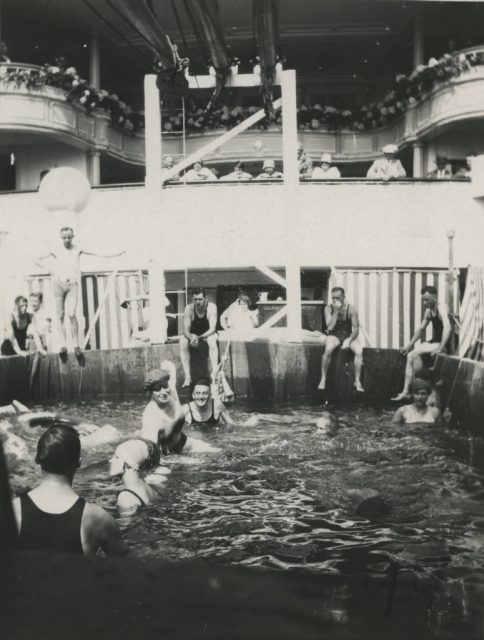
Unfortunately, three of those countries — the Netherlands, France, and Belgium — would be overrun by Nazis within the next year, and many of the Jews who fled there would ultimately be captured.
Approximately a third of the refugees were taken in by the United Kingdom, where they were much safer.
Aftermath
If either Cuba, the United States, or Canada had accepted the refugees, they all could have been saved. As things turned out, the bigotry and fear that caused so many nations to reject Jews led to disaster.
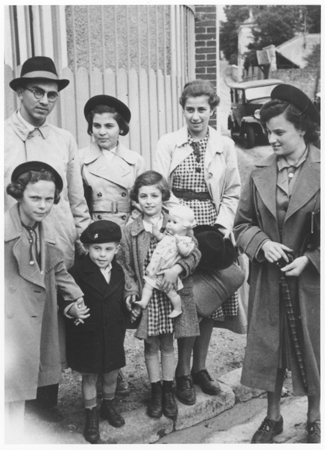
Researchers have found that 254 of those who were forced to return to Europe were killed in the Holocaust.
Captain Schröder returned to Germany, and, despite treating his Jewish passengers well and allowing them to worship openly, escaped reprisal from the Nazis.
After the war, he was awarded the Order of Merit from the West German government. In 1993, he was posthumously declared to be one of the Righteous Among the Nations by Israel, an honorific given to those who risked their own lives to help the Jewish people during the Holocaust.
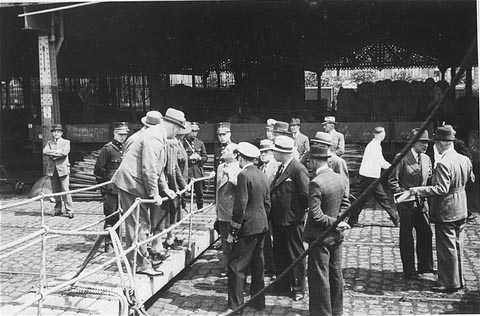
In November 2018, Canadian Prime Minister Justin Trudeau issued an official apology for Canada’s decision to reject the refugees on the St. Louis, as well as other Jewish refugees in general.
Trudeau, who is a member of the same party that William King was, said that “We are sorry for the callousness of Canada’s response, we are sorry for not apologizing sooner.” He continued to denounce the immigration policies of the day, including the “discriminatory ‘none is too many’ immigration policy” that prevented many other refugees from entering Canada.
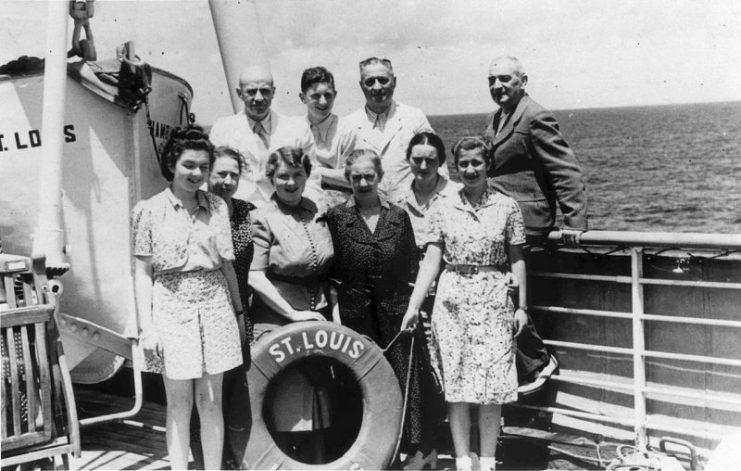
The apology was met with broad approval from Jewish and Civil Rights organizations.
The St. Louis was only one of many instances in which Canada refused to accept Jewish refugees before, and even during, the Holocaust. Between Hitler’s rise to power and the beginning of the war, Blair’s office of immigration only accepted 5,000 Jewish refugees.
Read another story from us: Why Did French Police Helped the Nazis Deport France’s Jews
Several historians have opined that Canada had the worst record of any major state that could have accepted Jewish refugees before the war. Even after the war, few Holocaust survivors were allowed to enter Canada.
Today, countries continue to struggle to determine which refugees should be accepted, how many they can take, and what standards should be used to determine who can be accepted as a refugee.
